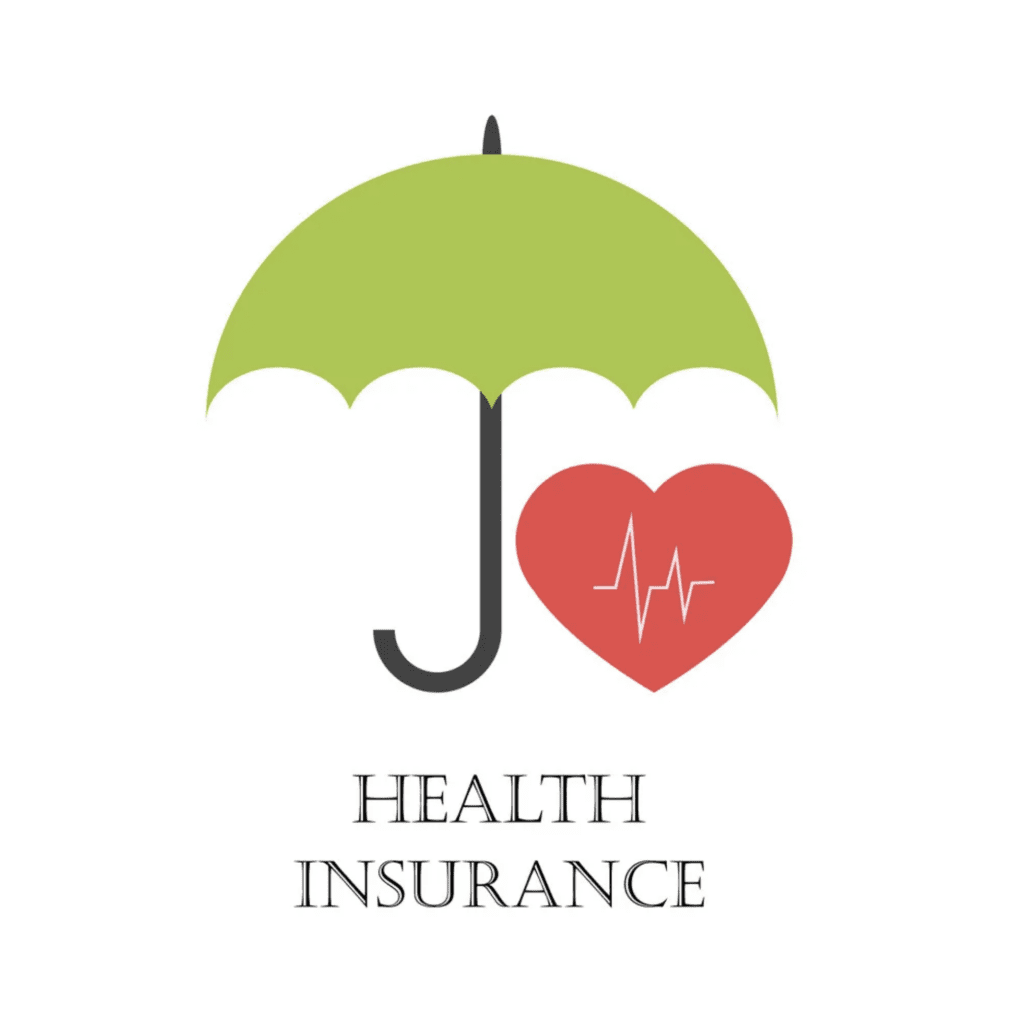If you or a loved one is struggling with alcoholism in NJ, finding the proper help is crucial. Greenbranch Recovery offers comprehensive alcoholism treatment programs that provide a path to recovery that is both supportive and effective. Our tailored treatments cater to the varied nuances of alcohol addiction, ensuring that each client receives the personalized attention necessary for effective recovery. Learn more about our alcohol rehab center and how we can help you or your loved one reclaim your life.
How We Can Help
Our Alcoholism Treatment Center in New Jersey
At Greenbranch Recovery, we understand that every individual’s journey to recovery is unique. Our alcoholism treatments are designed to address the specific needs of each person, offering personalized care and support. By focusing on holistic and client-centered approaches, we offer more than just recovery; we strive to empower our clients to rediscover their strengths and rebuild their lives in sobriety. For those wondering where to get help for alcohol abuse, we provide clear answers and dedicated support.
Take the first step towards a healthier, sober life today with personalized care and dedicated support from Greenbranch Recovery. Contact us now to begin your journey to rediscovery and empowerment.
Understanding Alcohol Addiction Treatment
Alcohol addiction treatment involves a combination of therapies and support systems designed to help individuals overcome their alcohol dependence. Our alcoholism programs include:
- Initial Assessment and Diagnosis: Identifying the severity of the addiction and any co-occurring disorders, ensuring a comprehensive understanding of each client’s situation.
- Detoxification: Medically supervised detox to manage withdrawal symptoms safely, providing the first step toward physical recovery.
- Rehabilitation and Therapy: Individual and group therapy sessions to address the root causes of addiction, facilitated by skilled therapists specializing in addiction recovery. Our approach to rehab for drinking problems includes a variety of alcohol abuse treatments tailored to individual needs.
- Aftercare and Ongoing Support: Continuous support to prevent relapse and maintain long-term sobriety, including access to community resources and ongoing counseling. For those seeking outpatient alcoholism treatment, we offer structured programs that support ongoing recovery.

Finding the Right NJ Alcohol Rehab for You
Choosing the right alcohol treatment center in New Jersey can make a significant difference in your recovery. Our alcohol rehab offers various treatment options and ensures that each program is led by qualified staff dedicated to your recovery. Here’s what to consider:
- Location and Accessibility: Greenbranch Recovery is conveniently located to serve the New Jersey community, making it easily accessible for daily alcohol treatments.
- Treatment Options: Our diverse treatment options are designed to meet the varied needs of our clients, ensuring a personalized approach to recovery.
- Qualified Staff: Our center’s staff includes experienced and certified professionals committed to providing the highest level of care.
- Personalized Care Plans: We tailor our treatment plans to meet each individual’s unique needs and goals, enhancing the effectiveness of the recovery process.

NJ Alcohol Detox: The Foundation of Effective Treatment
Detoxification is a critical first step in the alcohol rehab treatment process. At our New Jersey rehab, our alcohol detox programs are designed to manage withdrawal symptoms safely and comfortably. With medical supervision from experienced professionals, we ensure that detox is as smooth and humane as possible, laying a solid foundation for the following comprehensive alcoholism rehabilitation and addiction therapy.
Holistic Alcohol Rehab in New Jersey at Greenbranch Recovery
Our holistic approach to alcohol rehab includes a wide array of therapeutic modalities to address every aspect of addiction recovery:
- Individual Therapy: One-on-one sessions with a therapist to delve into personal challenges and develop coping strategies.
- Group Therapy: Supportive group sessions that foster a sense of community and shared experience among clients.
- Support Group Meetings: Access to groups like Alcoholics Anonymous, providing peer support and shared wisdom from those on similar journeys.
- Medication Management: Supervised use of medications to aid recovery when appropriate.
- Cognitive Behavioral Therapy (CBT): CBT involves techniques to change harmful thinking and behavior patterns, a cornerstone of effective psychological treatment.
- Family Therapy: Sessions designed to rebuild and strengthen family relationships are crucial for a supportive home environment.
- Trauma-Informed Therapy: Specialized approaches to address past traumas that may contribute to addiction, ensuring a recovery that acknowledges and heals underlying issues.
- Case Management: Coordinated care to manage all aspects of treatment, from therapy schedules to follow-up appointments.
- Mindfulness: Practices to enhance awareness and reduce stress, improving mental health and emotional regulation.
- Recreational Therapy: Activities like art and music therapy to support emotional healing and provide outlets for expression.

The Importance of Aftercare in Alcohol Abuse Treatment in NJ
Aftercare is crucial for maintaining sobriety after completing treatment programs for alcoholism. Our aftercare services include comprehensive support designed to integrate clients back into their daily lives with the skills and support needed to avoid relapse:
- Relapse Prevention: Strategies and support to recognize and manage triggers are crucial for sustained sobriety.
- Support Groups: Ongoing group therapy and peer support meetings provide a network of encouragement and accountability.
- Continued Counseling: Regular sessions with a therapist to address emerging challenges and maintain mental health.
- Life Skills Training: Programs designed to help individuals develop the skills necessary for a productive, sober life.
Our Alcohol Addiction Treatment in NJ: Get Immediate Help
If you’re looking for immediate help for alcohol addiction, Greenbranch Recovery provides comprehensive resources and personalized care tailored to your unique challenges and goals. Our treatment center for alcoholism offers a supportive environment for those seeking how to recover from alcohol addiction.
Reach out today to begin your journey to recovery in a supportive and understanding environment.
Don’t Wait, Get Help Now
Immediate assistance is available. Contact us today to start your journey to a healthier, alcohol-free life. Our dedicated team is ready to support you every step of the way, providing expert care and a compassionate environment to foster recovery and growth.

